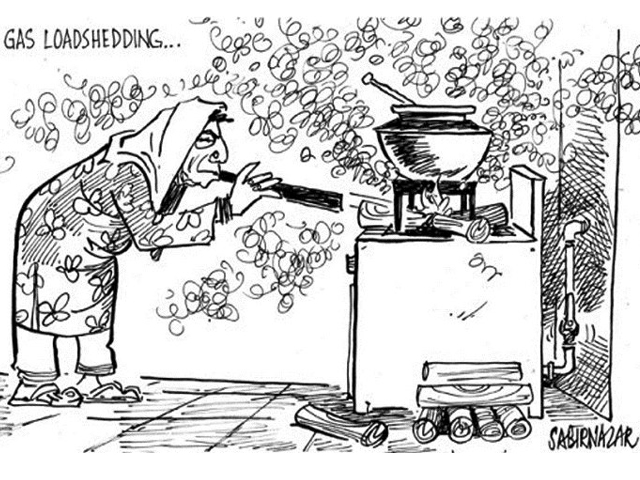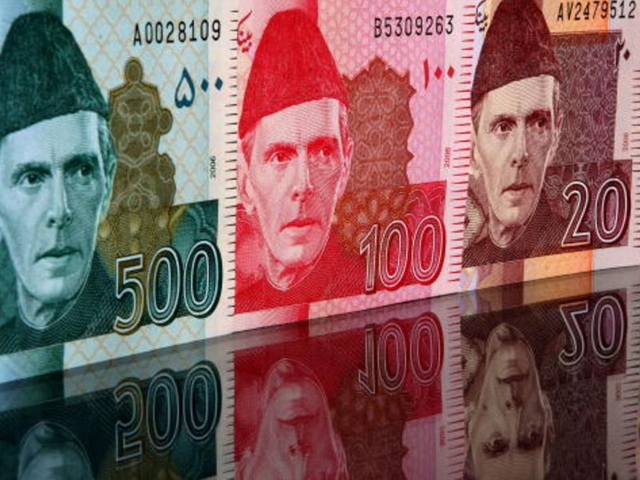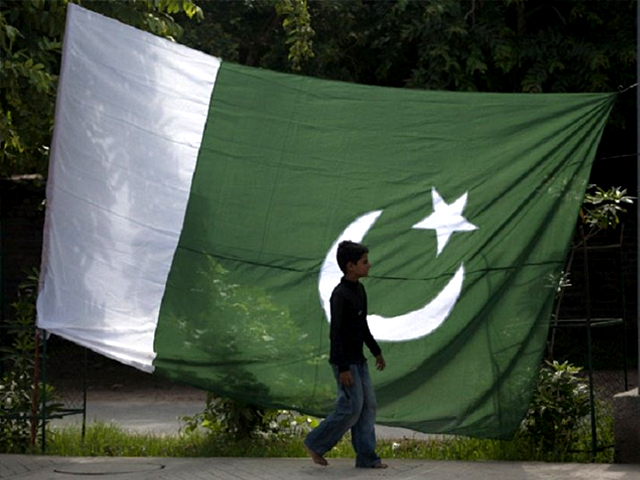
Remembering Benazir Bhutto: This is the last chance we have to save our country
Has Pakistan not been brought to its knees by this needless internecine conflict?
In the Oscar winning 1976 film Network, an ageing anchor-man tells his viewers to go to their windows and scream: “I’m mad as hell, and I’m not going to take it any more”. The tragic, completely unnecessary death of Benazir Bhutto makes me want to do something of the sort.
I remember her as a charming, attractive young woman when she came to Karachi Grammar School to do her A’ levels. I was two years behind her with her brother, Murtaza Bhutto, who was more commonly known among his friends as “Mir”. Their younger sister, Sanam Bhutto was with my sister, Samira, at the Convent. Sanam was very close to Samira and a frequent visitor to our house in Bath Island. I cannot say I was one of Mir’s closest friends, but I liked him very much, and remember on occasion being invited to 70 Clifton for his birthdays.
There was something about the Bhutto children that made them truly exceptional. It was not their intelligence, or their good looks, or their wealth, all of which they had in abundance. Their father, during this period, was a man to be reckoned with. He was a former foreign minister busy in building the Pakistan Peoples Party (PPP). Yet his children had no airs at all. They were down to earth, humble, kind, well mannered, sympathetic and generous. To me, even then, young as I was, this was an immediately appealing quality.
During our studies, Mr Bhutto was elected prime minister. Mir and Sanam were moved to Islamabad and Benazir went off to Harvard. It was the last time I was to see Mir. Even though our paths did cross a few years later when he was at Harvard and I was at Massachusetts Institute of Technology (MIT). Both universities are in Cambridge, Massachusetts. All that separates them is a short bus ride. Many times I thought I should call Mir and try to get together. Several years had passed since I knew him in Grammar School. And I was restrained by the feeling that he might think I wanted to see him now that he was the son of the prime minister. I should have known better. Mir was no ordinary son of any prime minister. He was a gem.
The first time that I met Benazir after the Grammar School days was by coincidence when we were seated together on a flight from Karachi to Islamabad. These were the days after her first return from exile. She was busy trying to rally her party. We were given ‘bulkhead’ seats in economy class. She did not remember me but seemed to recall my name. When she realised I had been with Mir at school, she was delighted. We talked about mutual friends. I asked her about Mir – he was in exile in Damascus at the time. She said he was well and she was hoping that he would be back soon. She was interested to know what I was doing. It was a short flight. I did not see her again. And never will.
I have felt a deep and personal loss at her passing. This was a wonderful, intelligent, vibrant woman whose life was thoughtlessly and frivolously wasted. And it is not just the man who pulled the trigger or the fuse who killed her. It is all of us; you and me – for continuing to put up with the state of affairs as they are. This madness must end.
And it can end. But achieving this will take a fundamental change in the thinking that has dominated our government’s policy since the events of September 11, 2001. That is where our problems begin. And that is where one must return to understand where we are, and hence, to chart a course to where we must go.
The immediate question that came into everyone’s mind after the events of that day was: Why? Why would 19 educated, young Arab men, with ostensibly bright futures, want to sacrifice their lives? This was a natural question. And many American commentators and analysts initially sought to know the answer. But then, suddenly, the question was disallowed, on the spurious ground that posing it was tantamount to justifying terrorism. This warped logic was then wrapped in the fervour of patriotism. So it was suddenly un-American to even ask!
This was a tragedy of its own. Had the question been allowed, the American people would have learned that the 9/11 attacks were in fact a direct consequence of their government’s policy in the Middle East. It was the consequence of (the still) simmering Arab anger over America’s seemingly blind support for Israeli repression of the Palestinians.
Had the question been allowed, the American people would have realised that the appropriate response would have been to have a balanced foreign policy in the Middle East. Humanity would have been spared the continuing tragedy it faces today in Iraq, Afghanistan and across the Muslim and Arab world. Tens of thousands of Muslims and several thousand young American men and women would still be alive. And, yes, had the question been asked, Benazir may still be alive.
Why the American establishment chose to disallow the question is not our concern. It is best left to historians and anthropologists. What is our concern is the impact this fateful decision had on Pakistan.
America was at war with terror. This was a disembodied phantom whose habitat was thought to be the Near and Middle East. Its acolytes were bearded, hirsute and turbaned Muslims. They exuded hate for the western way of life. They would get America if America didn’t get them. And so the strategy was to get them first.
When Pakistan signed up to be an ally, this mind-set was transposed unaltered to the Pakistani establishment. This was to have tragic consequences for all Pakistanis. The ‘enemy’ had been defined so broadly that perhaps more than half of the male population of Pakistan could, by this definition, be deemed ‘terrorists’. This did not matter to America. These ‘terrorists’ did not live in Texas. They lived in the Khyber-Pakhtunkhwa (K-P). The Pakistani army was sent in to kill and capture them. These hapless troops had the almost impossible task of distinguishing friend from foe. Who was a terrorist? And who was just a simple, bearded, gun toting Pakhtun going about his everyday business?
What seemed to have escaped the Pakistani establishment was that the overwhelming majority of Pakistanis are deeply conservative people. This is especially true of the provinces that are contiguous with Afghanistan. These are fiercely conservative tribal people who have lived their lives in this way for centuries. They were already angry about the forced ‘modernisation’ and the battle against ‘obscurantism’ that seemed to have become government policy since 2001. Who was the government to tell them how to live their lives? Who was the government to beam dozens of satellite channels into their ultra conservative homes with (to them) scandalously unacceptable content under the guise of modernity and enlightenment? Who was the government to tell their women to remove their veils and uncover their heads?
So when the army moved in they – and perhaps the majority of Pakistanis – had already had enough. If you are a stranger in the K-P and say ‘Salaam’ to a Pakhtun, he welcomes you as an honoured guest and will lay down his life to protect yours. Cross him, though, and you have made a mortal enemy. So what do you expect when the army moves in with helicopter gunships, and unmanned, unseen aircraft rain death and destruction on these people and their loved ones? The government is at war with its own people. And this particular group of people is willing to fight to the end, and will strike with whatever means it has at its disposal. This is a clearly disproportionate battle. The army has to find legitimate targets. The ‘enemy’ can sink into any part of the country, attack an infinitude of ‘targets’ and disappear into thin air. It is a battle the army cannot win.
This is where we stand today: Suicide bombs, sabotage of critical infrastructure, attacks on military convoys and targets, assassinations. Am I justifying terrorism? I don’t know. All I know is that this is the truth.
So what is to be done? To start with we have to realise that these are our people. They are Pakistanis and they have a right to live on this land in the manner in which they have always lived. We cannot say to them: You hate us, you are terrorists, we will not talk to you, we will just kill you. This is the government’s strategy. It is not working. No one hates without reason. We have to understand their position. This can only happen by talking to them.
Is it not time for all of us to start talking and stop fighting? Has not enough blood been shed? Has Pakistan not been brought to its knees by this needless internecine conflict? Let’s be clear: this is the last chance we have to save our country.
And, finally, if we are successful, what a wonderful tribute that would be to that charming, intelligent young woman who sat next to me on a flight to Islamabad on a clear winter morning two decades ago. Let us make sure – all of us – that her death was not in vain.




COMMENTS (20)
Comments are moderated and generally will be posted if they are on-topic and not abusive.
For more information, please see our Comments FAQ